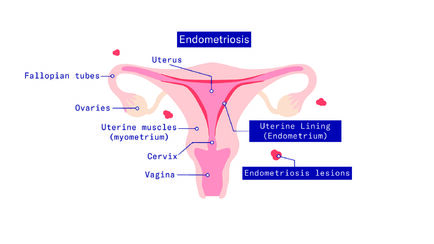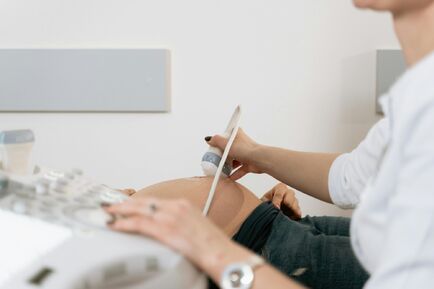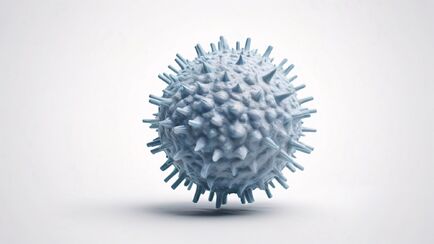Who is most at risk?
Currently people who may be at higher risk of more serious complications from coronavirus include:
Show more
Older adults (65 years and older)
People with severe chronic illnesses (e.g. chronic lung or heart disease, diabetes, or other diseases affecting internal organs)
Patients with congenital or acquired immune deficiencies (e.g due to medications used in chemotherapy)
Children are not at higher risk according to current evidence

























